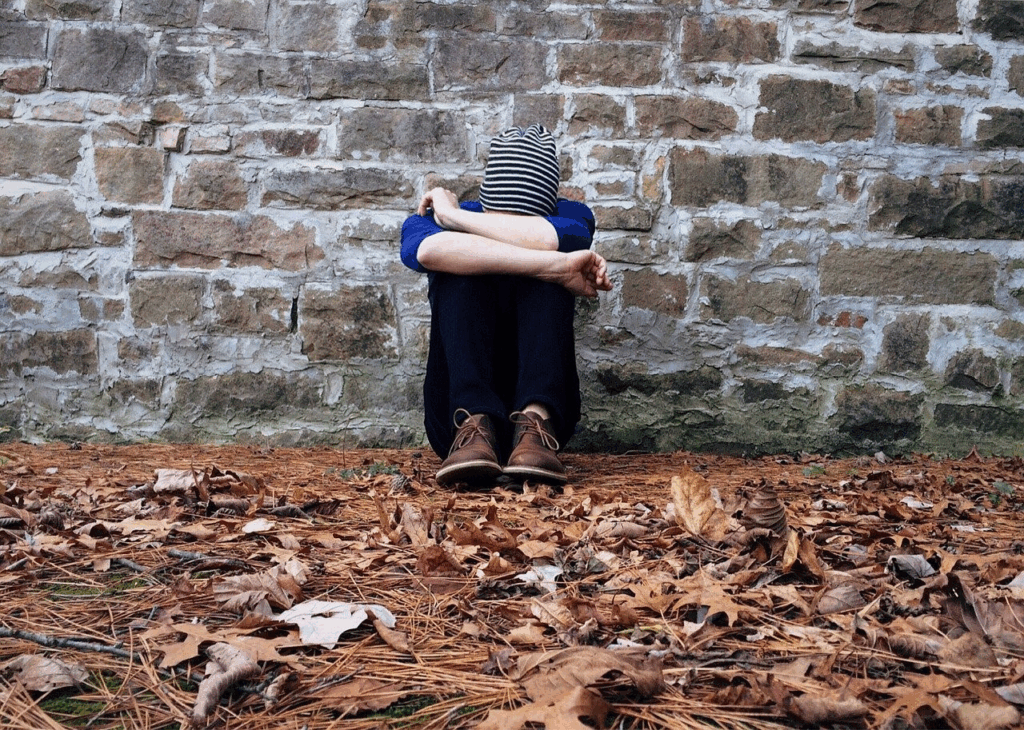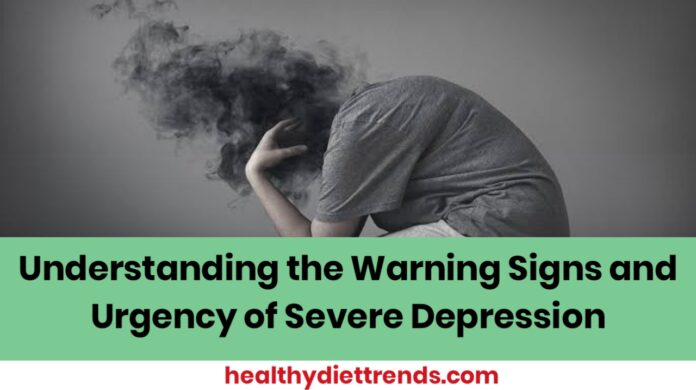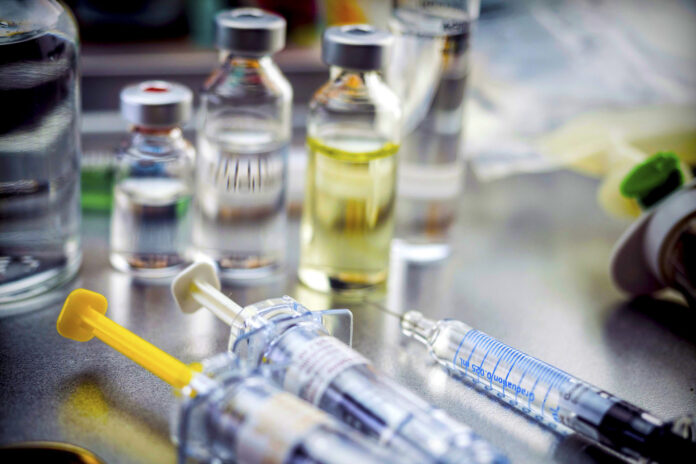Depression is more than just sadness. It’s a serious mental health condition that can interfere with every aspect of your life. While mild to moderate depression might cause emotional struggles and changes in routine, severe depression can be crippling—affecting sleep, appetite, and even the will to live. Recognizing the signs early and seeking help can be life-saving. Here’s a detailed look into the symptoms, risks, and steps to take when facing severe depression.
Key Symptoms of Severe Depression
Severe depression can impact your mental, physical, and emotional well-being. Here are some common symptoms:
- Insomnia or excessive sleep – Either you can’t sleep due to overwhelming thoughts, or you sleep too much as an escape.
- Irritability or aggression – Especially common in children and teens, this might be mistaken for mood swings but could signal depression.
- Anhedonia (loss of interest) – Things that once brought joy—hobbies, relationships, even food—feel meaningless.
- Hopelessness – A deep sense of despair that can feed further depressive episodes and deter treatment.
- Persistent negative thoughts – Excessive worry, guilt, or feelings of worthlessness can become overwhelming.
- Suicidal ideation – Thoughts of death or suicide are serious red flags. Help is available. In the U.S., call or text the Suicide & Crisis Lifeline at 988 immediately.
- Psychotic symptoms (in rare cases) – Hallucinations or delusions can occur, requiring urgent psychiatric care.
Severe Depression in Teens: What to Watch For
Teens may show depression differently from adults. Look for:
- Aggressive behavior or increased irritability
- Changes in eating or sleeping habits
- Frequent complaints of stomachaches or headaches
- Running away from home
- Substance use (alcohol, drugs)
When Depression Affects the Body
Severe depression doesn’t only affect your thoughts—it shows up physically too:
- Persistent aches (backaches, headaches, stomach pain)
- Constipation or slowed movement
- Low sex drive
- Noticeable weight loss or gain
If these symptoms are unexplained by other health issues, they may be linked to depression.

Suicide Risk Factors
Not everyone with depression becomes suicidal, but several risk factors increase the chances:
- Previous suicide attempts or substance abuse
- Family history of suicide
- Chronic illness or pain
- Long-term stress (financial, legal, workplace)
- Childhood trauma or abuse
- Easy access to means of self-harm
What Makes It a Mental Health Emergency?
If you or someone else shows any of these warning signs, it’s time to act fast:
- Talking about wanting to die
- Searching for ways to end life (online searches, buying weapons)
- Saying things like “I’m a burden” or “There’s no reason to go on”
- Reckless behavior or withdrawal from loved ones
Don’t wait. Go to the nearest emergency room or call 988.
How to Get Help for Severe Depression
If you’ve had symptoms nearly every day for two weeks or more, it’s time to speak with a doctor or mental health professional. Treatments include:
- Antidepressant medications – Often take 4–8 weeks to work. Fast-acting medications may be added if needed.
- Talk therapy (CBT or interpersonal therapy) – Helps reshape harmful thought patterns.
- Lifestyle support – Remove harmful substances (alcohol, drugs), limit access to dangerous items, and lean on a trusted friend or family member.
Also Read : Can Enjoying Food Help You Lose Weight? Research Says Yes



